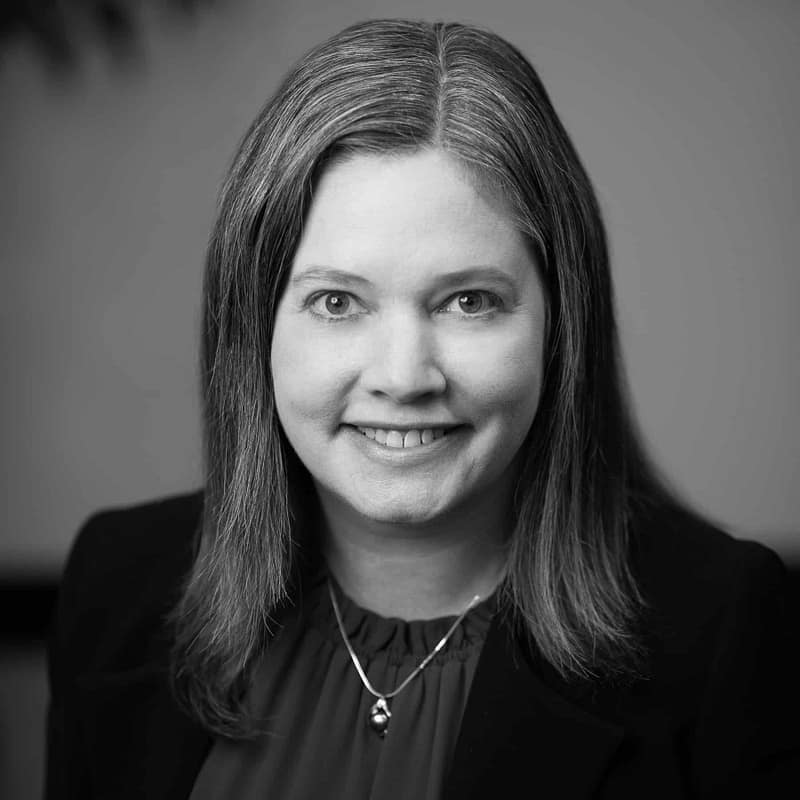Not only are your personal assets potentially at risk, but so is your future income. In the event of a liability lawsuit, your first layer of protection is your homeowner’s insurance policy (if something happens on your property) or your auto insurance policy (if something happens while you are driving a vehicle). Still, the liability limits on those policies are usually low. In the event a lawsuit is filed against you, not only will you have legal fees to defend yourself, but your assets could be in jeopardy. For high earning individuals, your future income is also considered in a lawsuit. You may not have substantial assets at the time, but it is assumed you will amass assets over time, given your income. Future earnings can be garnished and awarded to a claimant in a lawsuit.
Investment asset protection varies by account type. Bank accounts and standard investment accounts are largely at risk. However, most employer-sponsored retirement plans and some Individual Retirement Accounts (IRAs) are protected. Federal ERISA laws extend complete protection to assets in employer-sponsored retirement plans, such as 401(k) and 403(b) accounts. Therefore, when you retire and roll your assets from an employer-sponsored plan to an IRA, it is often important to establish a separate IRA so the funding can be traced back to a qualified retirement plan. This can allow you to extend the protection provided by the employer-sponsored plan to your IRA. This is especially important if you live in a state that does not extend full liability protection to IRA and Roth IRA accounts.
- Oregon – IRAs and Roth IRAs are fully protected.
- Washington – IRAs and Roth IRAs are fully protected.
- California – IRAs are protected only to the extent a judge deems the assets “necessary to provide support of the judgement debtor when the debtor retires, taking all other resources into account.” Roth IRAs are not protected.
- Arizona – IRAs and Roth IRAs are protected except for amounts contributed within the prior 120 days.
- Hawaii – IRAs are protected except for contributions made in the previous 3 years. Roth IRAs are not protected.
- Idaho – IRAs are protected, but Roth IRAs are not protected.
Tangible or physical assets are always at risk. This includes your home (and the equity you have in it), vehicles, boats, aircraft, collections, jewelry, and other physical assets. Most homeowner’s insurance policies have extremely low limits for covering these items. If a judgement is rendered against you, these assets could be included in a settlement award.





